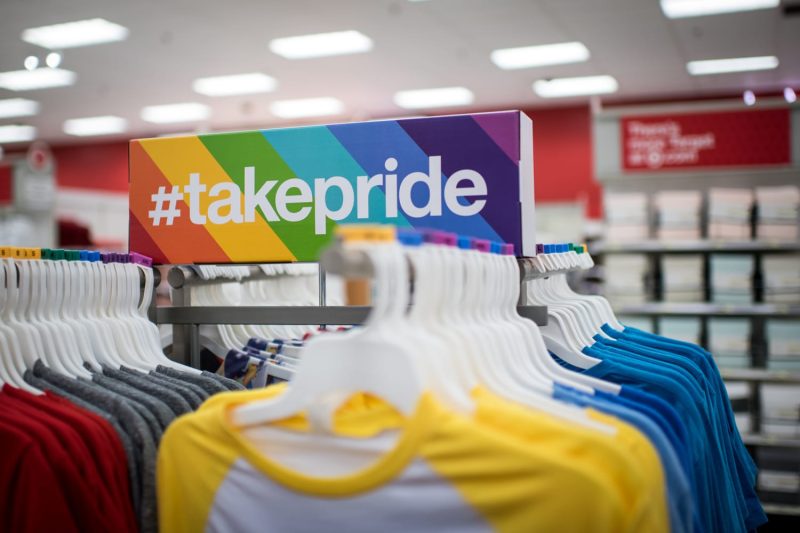
Woke Wars: How a Once-Heralded Gay Rights Index Became a Conservative Bullseye
The article discusses the evolution of a gay rights index initially supported by major brands that has now become a target for conservatives. The Corporate Equality Index (CEI) was created in 2002 by the Human Rights Campaign (HRC) to evaluate companies based on their treatment of LGBTQ employees. Initially, the CEI was welcomed and promoted by big brands, believing it to be aligned with their values and responsibilities towards diversity and inclusion.
However, over the years, as the LGBTQ rights movements gained momentum and became more visible, conservative groups opposed to these changes began to view the CEI as a threat. The index’s criteria, focusing on non-discrimination policies, benefits for same-sex partners, and transgender-inclusive healthcare coverage, were seen as promoting a liberal agenda rather than a neutral evaluation of corporate practices.
Conservative organizations like the Family Research Council have criticized the CEI for allegedly pressuring companies to adopt progressive policies on LGBTQ issues. These groups argue that the index undermines traditional family values and religious beliefs, leading to accusations of woke capitalism – the idea that companies are being overly influenced by social justice movements.
In response to this backlash, some companies have chosen to distance themselves from the CEI, opting not to participate in the index or actively publicize their scores. This shift in attitude reflects a broader conservative pushback against what they see as progressive agendas infiltrating corporate America.
While the CEI was initially meant to encourage companies to improve their LGBTQ-inclusive practices, its evolution into a divisive issue highlights the growing polarization around social issues within the business world. As companies navigate these complex dynamics, they are faced with the challenge of balancing their commitment to diversity and inclusion with broader societal debates and political pressures.
In conclusion, the story of the Corporate Equality Index serves as a microcosm of the broader culture war surrounding social justice issues in the corporate world. As the battle lines are drawn between progressive advocacy and conservative backlash, companies must navigate these turbulent waters with sensitivity and strategic foresight to uphold their values while also managing reputational risks and stakeholder expectations.
